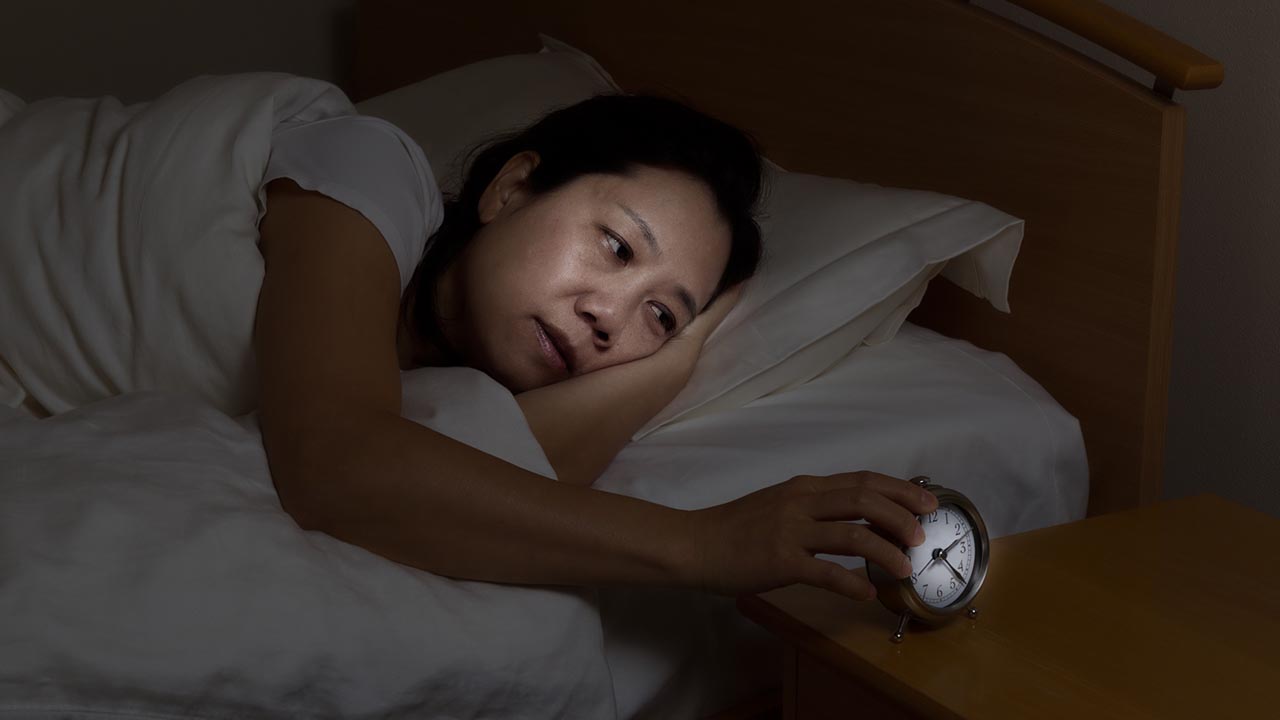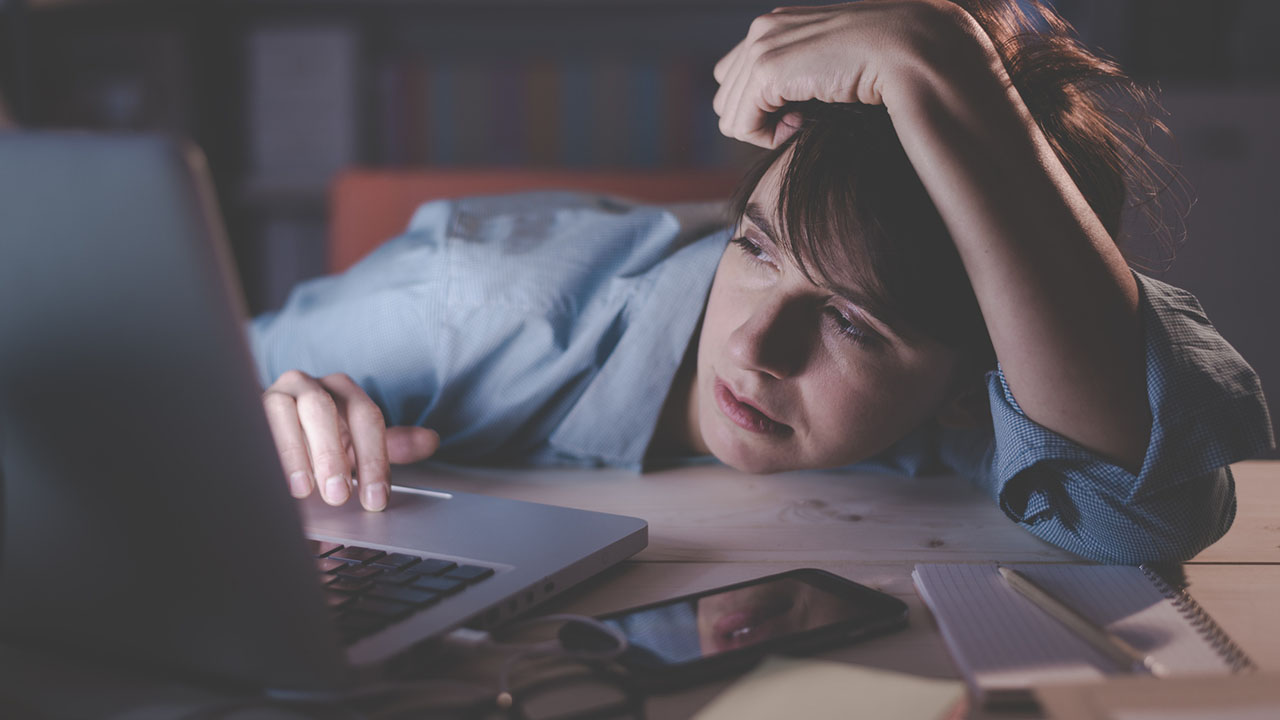 tab62/fotolia
tab62/fotolia
Tossing and turning is not my idea of great sleep. I want to hit my pillow and fall into dream-town, but lately that’s not where I’ve been finding myself.
Instead, I’m in the heat of the night with hot flashes and sweats. It disrupts my sleep, and it’s been going on for weeks. I’m walking around with bags under my eyes and a zombie-like appearance.
I don’t know many women who can function without sleep. I’m surely not one of them. But why am I having such a hard time?
According to the Sleep Foundation, “the stages from perimenopause to post-menopause cause women to report the most sleeping problems.”
I’m in the middle of both stages and am sure this is why I’m having such a hard time catching my beauty sleep.
The Sleep Foundation also states that most often, trouble sleeping isn’t the only issue. Other symptoms are usually present, including the notorious hot flashes, mood disorders, insomnia and sleep-related breathing conditions. Depression and anxiety often go hand-in-hand with sleep problems as well.
I certainly hadn’t been feeling like myself, and according to my husband, I’ve also started disrupting his sleep due to my snoring. Though I try to deny it, it’s hard to argue.
I’m also suffering from hot flashes. When my hot flashes happen at night, my body starts sweating. I get so warm that it wakes me up from a deep sleep. Sometimes I fall back to sleep despite the night sweats, and while that’s great, the quality of overall sleep is terrible, leaving me exhausted the next day.
Knowing that menopause is a part of my life right now means I have to find ways to cope with my sleeping issues.
According to WebMD, there are some ways to ease the sleep problems I am experiencing.
- Keep a regular bedtime schedule and go to bed at the same time every night. This is definitely something for me to work on.
- Exercise regularly but not right before sleep.
- Avoid too much caffeine. Not that easy when I am tired, but it makes sense.
- Avoid napping during the day, which makes it harder for me to sleep well at night.
- Discuss prescription sleep medications with my doctor.
- Make sure my bladder is empty before bed.
Most often, these hot flash symptoms last for one year, but about a quarter of women report having them for five years. Surely these tips, though difficult to follow when I’m exhausted, will help me ease back into better sleep during this time.
Sources:
Menopause and Sleep. National Sleep Foundation. Retrieved October 29, 2015. https://sleepfoundation.org/sleep-topics/menopause-and-sleep
Sleep and Menopause., WebMD. Retrieved October 29, 2015. http://www.webmd.com/menopause/guide/sleep-disorders-sleep-menopause
Reviewed November 3, 2015 By Michele Blacksberg RN
Read more in Your Guide for Menopause & Hot Flash Treatment Options



